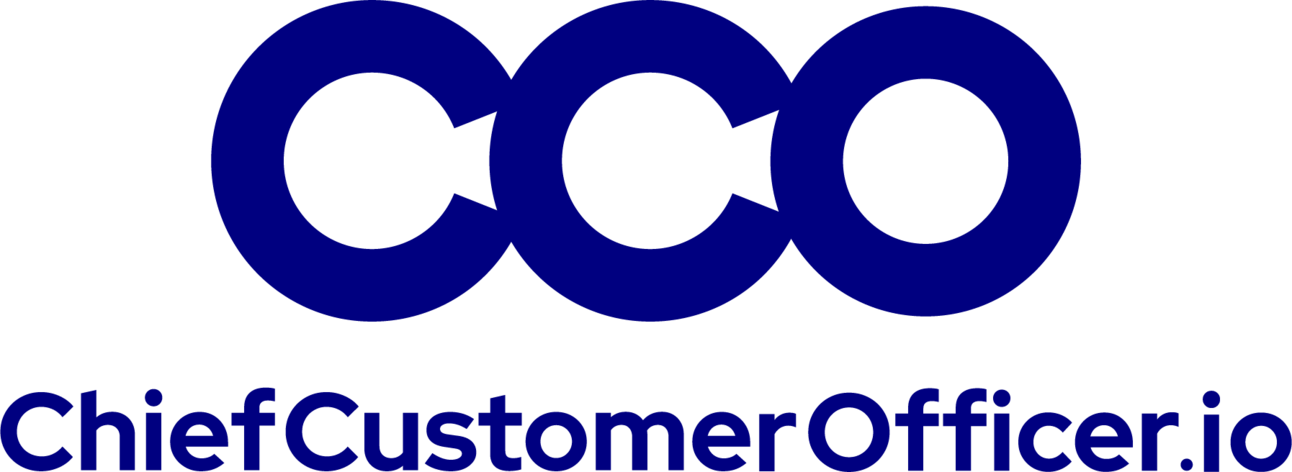Your CSMs need a number to own.
You either generate revenue (sell something) or deliver revenue (service something). To hang out in between is no-man's land.
Yet that's where most Customer Success teams find themselves: stuck in the gray area between sales and support, owning neither revenue generation nor service delivery outcomes.
This ambiguity isn't just frustrating; it's destroying your ability to scale Customer Success profitably.
Ask yourself: "What number does my CSM team own?"
If the answers are "customer health scores," "engagement metrics," or "relationship strength," you've got a problem.
These aren't numbers. They're activities masquerading as outcomes.
Your Sales team owns new revenue. Support owns ticket resolution. Product owns feature adoption.
Your CSMs own... what, exactly?
As the pressure to prove ROI on every headcount dollar intensifies, CS can't hide behind fuzzy metrics. The "relationship builder" justification worked when capital was cheap. But those days are over.
Today's board isn't asking, "Do our customers like us?" They're asking, "What's the return on our CS investment?"
That means you have two sustainable options:
Option 1: The Revenue Generation Model
Your CSMs own expansion revenue from existing accounts. They're measured on Net Revenue Retention or ARR growth from their portfolio. They identify expansion opportunities, run expansion conversations, and close upsells.
Think of them as account managers with deep product expertise.
Option 2: The Revenue Delivery Model
Your CSMs own the successful delivery of value. They're measured on Gross Revenue Retention or customer outcome achievement. They drive adoption, prevent churn, and ensure customers achieve their business goals.
Think of them as outcome consultants who happen to know your product.
The fatal mistake? Trying to do both with the same team.
CSMs who are splitting time between revenue generation and value delivery often lose expansion deals to more focused salespeople and fail to prevent churn because they're not obsessing over customer outcomes.
You end up with a team that's "sort of" responsible for everything and fully accountable for nothing.
How do you decide which model?
Choose Revenue Generation if your customers regularly expand and upsells require consultative selling.
Choose Revenue Delivery if retention is your primary growth challenge and customer success requires significant change management.
Most companies need both functions, but as separate roles with distinct metrics and compensation plans, not hybrid positions that confuse accountability.
Whichever model you choose... measure like you mean it. Revenue generators need expansion quotas and comp plans like salespeople. Revenue deliverers need retention targets tied to customer outcomes.
Both should face the same performance management rigor as any quota-carrying role.
The strategic reality is simple: Organizations that let CSMs exist in no-man's land create cost centers. The CS team becomes an expense to justify rather than an investment that pays dividends.
But companies that force clear accountability? They create profit centers. And their CS teams become indispensable revenue engines that boards love to fund.
The choice is yours. Give your CSMs a number to own, the tools to move it, and the accountability structure to deliver.
What number should your CS team own?
🤘

We’re grateful you choose to read each week. When you’re ready for more, there are a couple ways we can help:
» Cover Your SaaS is a financial literacy course for go-to-market leaders. Grab your copy here.
» Promote your product and services to over 5,500+ senior SaaS Customer Success pros by sponsoring our weekly newsletter and podcast.
Was this email forwarded to you? Sign up at ChiefCustomerOfficer.io.
We’re grateful you choose to read each week.
When you’re ready for more, there are a couple ways we can help:
» Cover Your SaaS is a financial literacy course for go-to-market leaders. Grab your copy here.
» Promote your product and services to over 4,000+ senior SaaS Sales, Marketing, and Customer Success pros by sponsoring our twice-weekly newsletter and podcast.